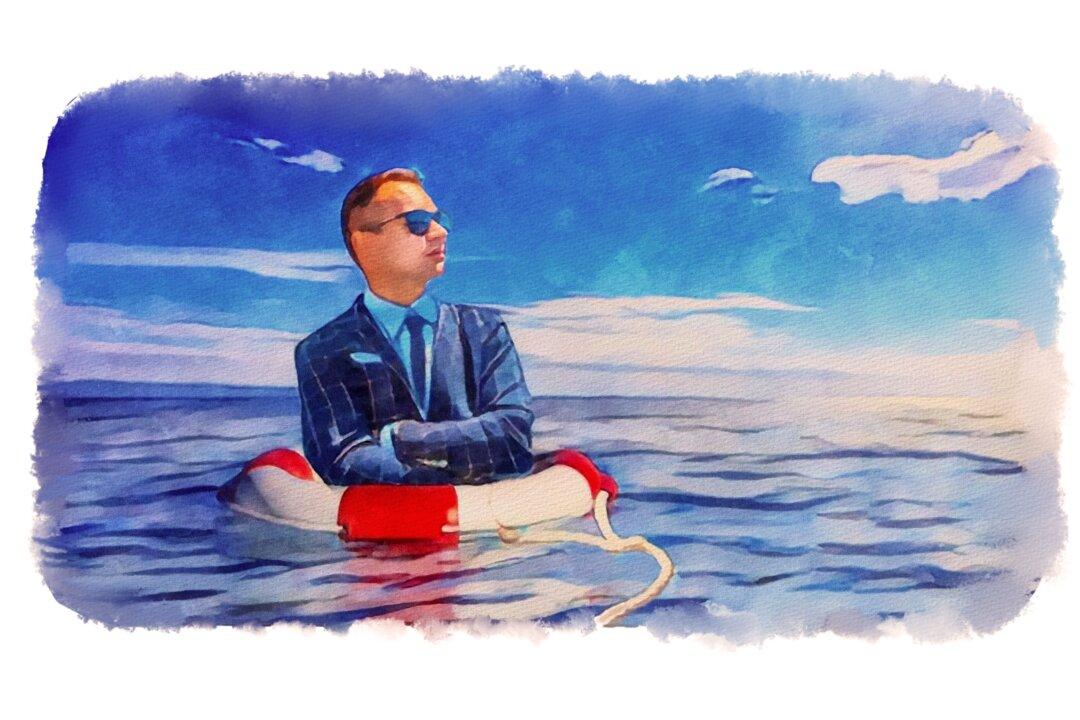Good things, the old adage tells us, come in small packages. It fails to mention that bad things can come wrapped in the same way.
Both good and bad things, for instance, may be packaged in the little word “but.”

Good things, the old adage tells us, come in small packages. It fails to mention that bad things can come wrapped in the same way.
Both good and bad things, for instance, may be packaged in the little word “but.”